Bringing a child into the world is a huge responsibility; not one to be taken lightly. You’re in charge of keeping a human being alive, safe, healthy, happy and shaping them into the best person they can possibly be. Parenting is a lifelong journey and a massive commitment.
There is no such thing as a perfect parent and many will admit they make mistakes along the way. But it’s the magnitude and impact of those mistakes that really matter, and of course, the intent, or lack thereof, behind your actions. Some parents try their best and still stumble. With others, it’s apparent the only thing they’re doing is damaging, neglecting or ruining their kids' lives. They can be considered really bad parents, and should probably have their parenting licenses revoked.
When someone recently asked “What's the first sign a kid has terrible parents?” the internet went wild. The post garnered almost 4,000 responses, and people didn’t hold back. Some netizens gave their views, while others spoke of their personal childhood experiences. Bored Panda has picked the top comments from the post. Keep scrolling for an eye-opening look at the red flags that might mean someone should raise the alarm.
#1
Afraid to Make Mistakes
They freeze or panic over small things, like spilling a drink.
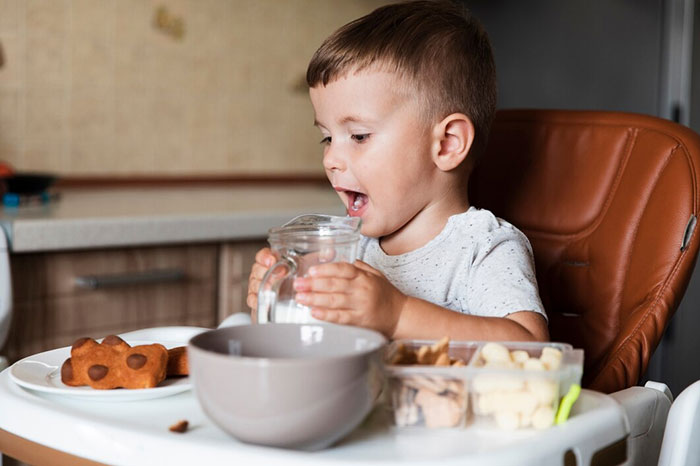
Image credits: TermEquivalent7052
#2
Not wanting to go home. When I was a kid, I did tech theatre. I didn’t really care for it much, but it gave me an excuse to stay at school until 9:00 everyday. By the time I got home my mom was passed out.
On the flip side my HS best friend was never at his house. He was always at mine. It’s not good sign when home isn’t comfortable.
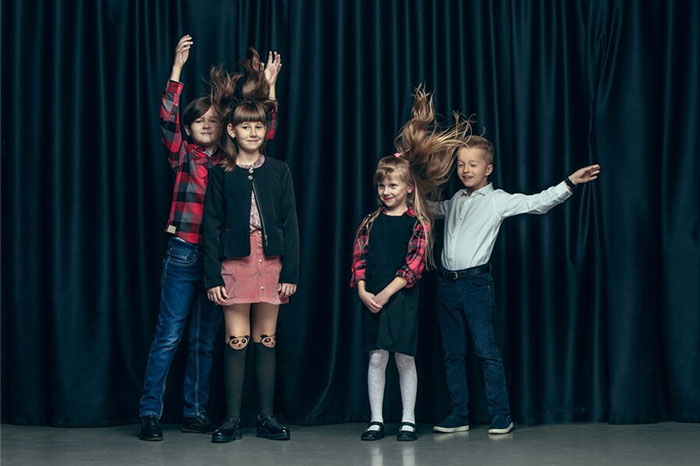
Image credits: CapitalM-E
#3
Attaches themselves very quickly and inappropriately to any adult who gives them attention and kindness.
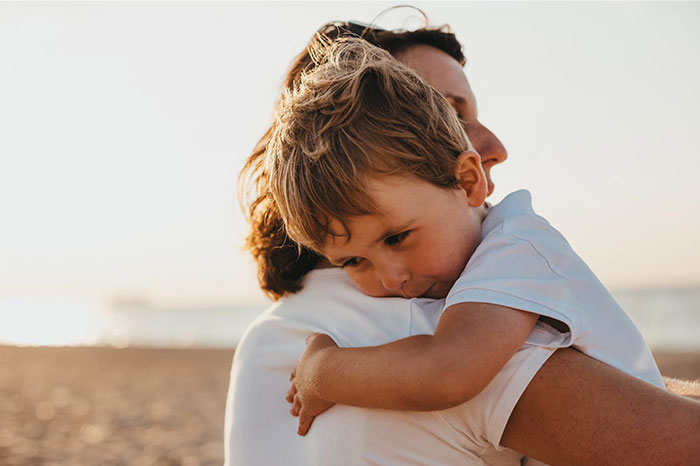
Image credits: Square-Raspberry560
Thankfully, times have changed and we no longer live in the days of "children should be seen and not heard." For the most part, at least. Parents have more information at their fingertips, many are more "woke" than previous generations, and there are lots of organizations and individuals dedicating their time to protecting children.
Still, the Centers For Disease Control (CDC) says mistreatment of children remains common and under-reported. The CDC revealed that at least one in seven American children have suffered at the hands of an adult.
This can be a parent, caregiver, or another person in a custodial role (e.g., a religious leader, a coach, or a teacher) who did something that resulted in harm, the potential for harm, or threat of harm to a child.
#4
Traumatised/neglected kids are prone to having saviour complexes. This means that they will always put others’ needs before their own, often to a problematic degree. .
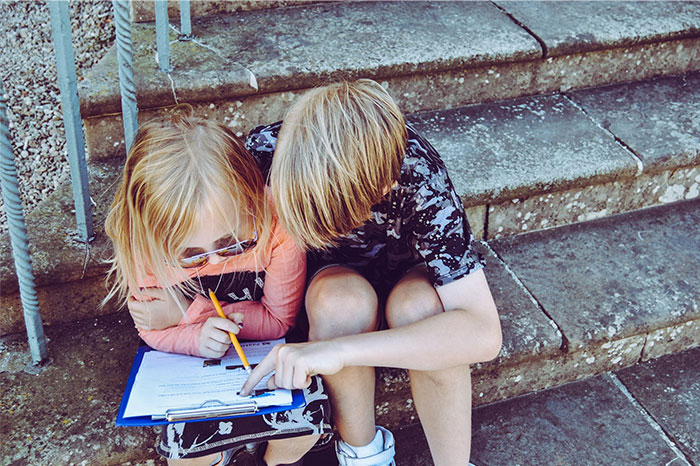
Image credits: anon
#5
Another behavior I've noticed is the art of becoming invisible the child who tries their best not to be noticed, whether it be at home or in the school environment. They're usually the ones who never raise their hand to answer questions, even though they may know the answer, and they seldom initiate or join conversations. This tendency is not because they're naturally introverted but rather because being unnoticed is their coping mechanism; it's their way of avoiding negative attention or criticism at home, where standing out might not have the best outcomes. They become masters of blending into the background, often coming across as extremely independent, when in reality, it's a learned survival skill that's been ingrained from walking on eggshells around unpredictable caregivers. It's bittersweet when these patterns manifest because on the one hand, they display a certain resilience, but on the other hand, it becomes a barrier to forming healthy, transparent relationships where they feel safe to be seen and heard.
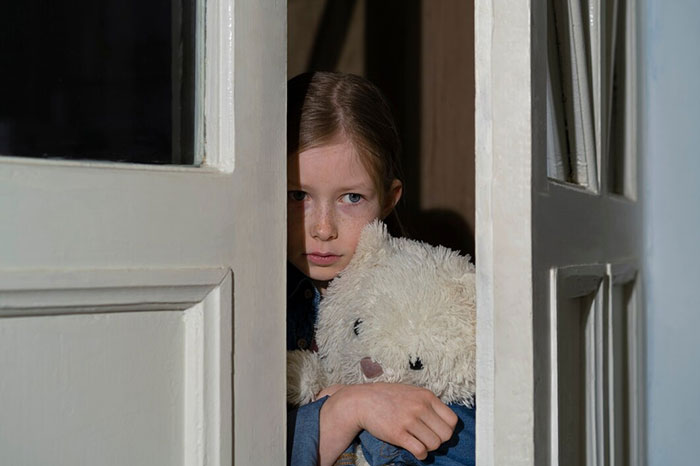
Image credits: ChasiaMoonwhisper
#6
As a teacher, it can be hard to tell, but I would say a kid who is mean and says mean things you somehow know were said to him or her.
I had a high school student once who pushed a teacher down the stairs. He was expelled and two years later he was in my classroom. He was interesting, creative and pretty quiet—and then one day, he just picked up a chair and threw it out of a classroom window from the 3rd floor.
The principal was out of the building so I sat with him. He apologized and said he was just a bad kid and that his dad often used a belt on him and he deserved it. I reported suspected abuse to the principal and worked with him on the yearbook and other creative projects that year. Never had a problem with him again and often wonder how he’s doing. He was a nice kid.
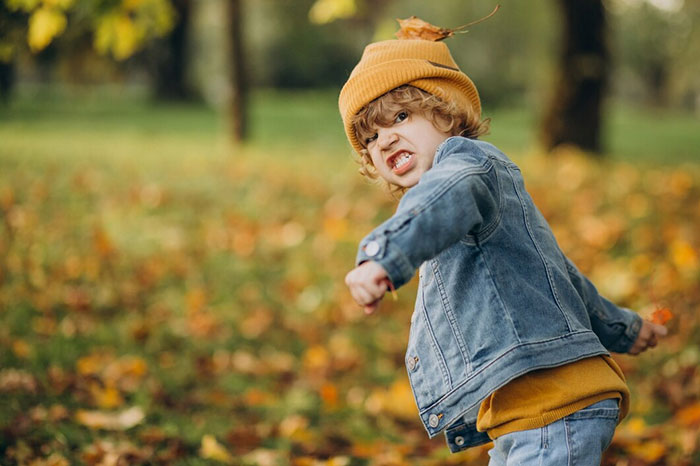
Image credits: AnnieBMinn
The CDC warns that not caring properly for children can have major short and long-term consequences. They "may suffer immediate physical injuries such as cuts, bruises, or broken bones. They may also have emotional and psychological problems, such as anxiety or post-traumatic stress."
Toxic parenting can result in toxic stress, adds the CDC. This can change brain development and increase the risk for mental health disorders, as well as learning, attention, and memory difficulties.
#7
I think being classified as an “old soul” can be an indicator.
I was told a lot growing up how mature I was and the reality was that I had to essentially grow up overnight and was raising my little sister because my mom was strung out on d***s, but people didn’t see that until a lot later.
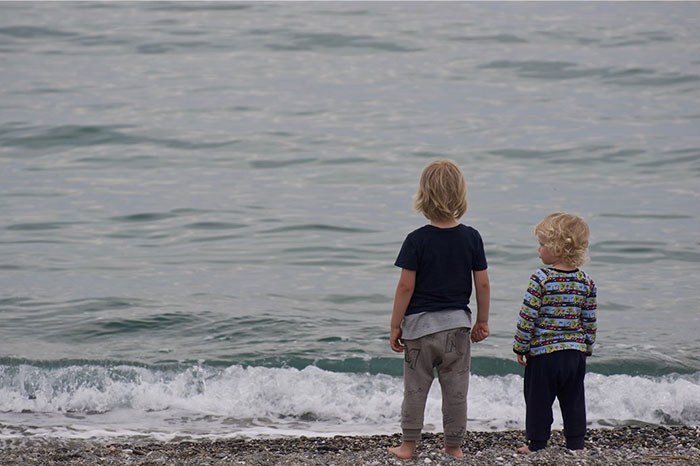
Image credits: Gusteauxs
#8
Not being bathed. Distracted, hungry, injured, lethargic, behavior issues, not wanting to go home.
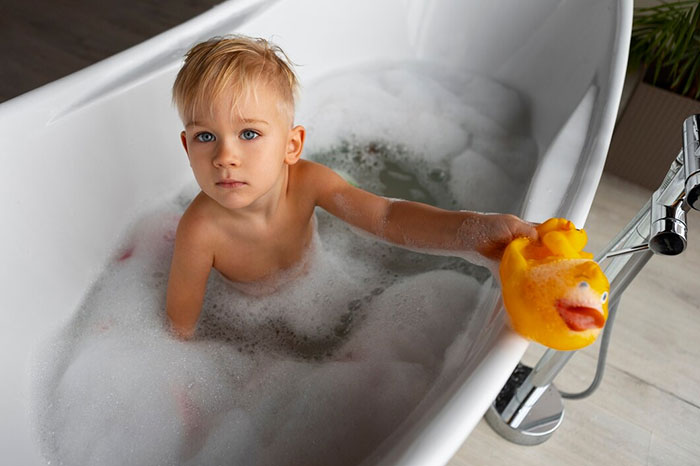
Image credits: kck93
#9
The kid who genuinely eats school breakfasts and lunches with such fervor. He would also ask if he could take a snack or two home for his siblings. When I would meet with him, I had to reassure him many times that it’s ok if he ate his bag of chips for himself, and I would give him another to take home. I would even tell him it would be ok if he ate those too. It broke my heart seeing him like that, trust me, those school meals did not look good… child welfare was called and has been involved but there hasn’t been much change.
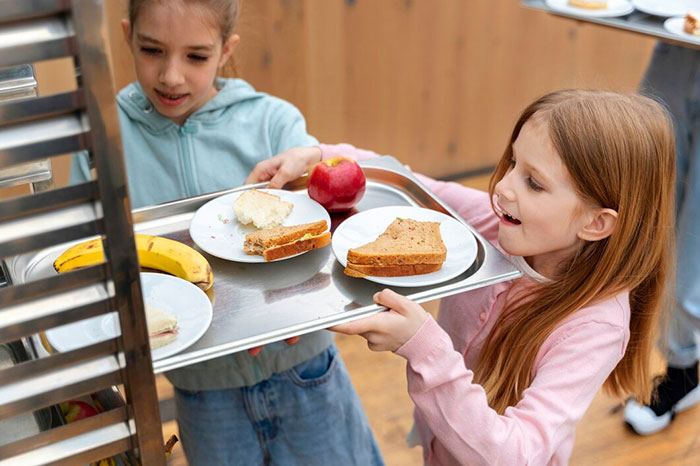
Image credits: strsapphire
The United Nations International Children's Emergency Fund (UNICEF) has also sounded the alarm about the state of the world's children, with a pop-up page on their site warning that 2024 was 'one of the worst years in UNICEF’s history' for children in conflict.
"Over 473 million children—more than one in six globally—now live in areas affected by conflict, with the world experiencing the highest number of conflicts since World War II. The percentage of the world’s children living in conflict zones has doubled—from around 10 per cent in the 1990s to almost 19 per cent today," reads a UNICEF press release.
#10
They form an unhealthy attachment to any authority figure and treat any kind adult as a parental figure or friend even when it isn’t appropriate. It makes kids much more vulnerable to further abuse as they believe they’re mature enough for a platonic relationship with grown adults (speaking from experience unfortunately).
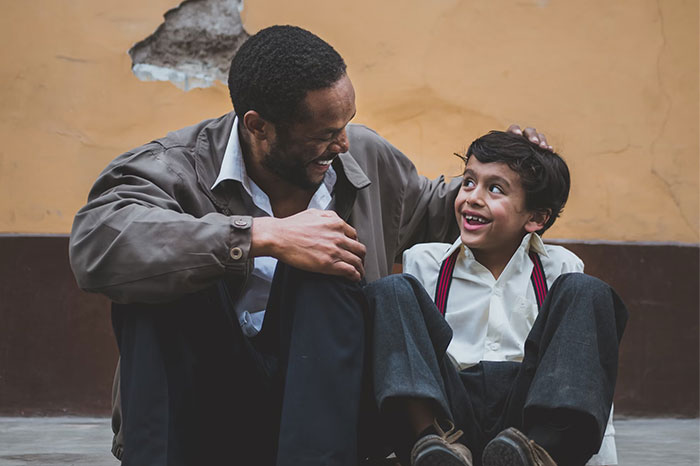
Image credits: Alittlelemonshark
#11
They flinch or jump at the slightest movement
Edit: I know that there are other reasons. Context is also important and everything should be taken into consideration before anything is done in order to do what is best for them.
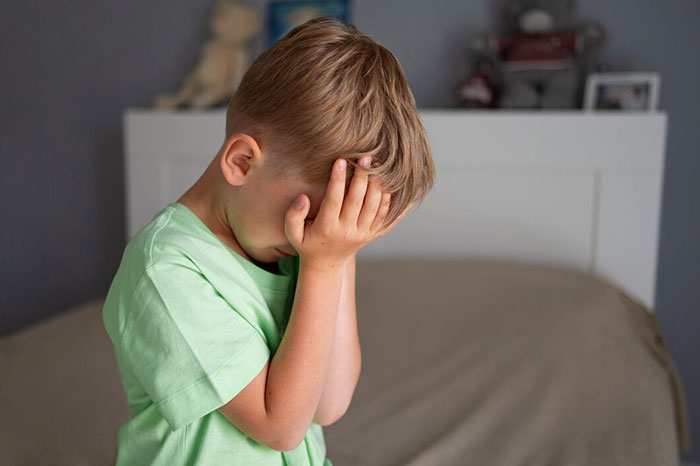
Image credits: imaginechi_reborn
#12
Kids who bully and their parents defend them.
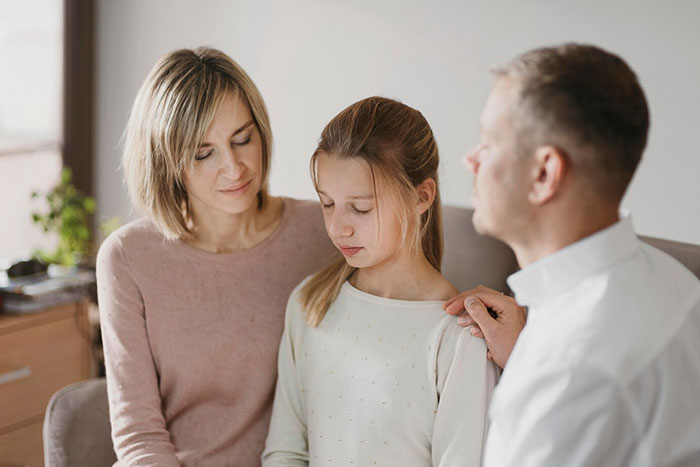
Image credits: Weak-Tax-167
UNICEF's Executive Director Catherine Russell says that children in war zones face a daily struggle for survival. And this robs them of their childhood.
“They lose not only their safety and access to basic life-sustaining necessities, but also their chance to play, to learn, and to simply be children," warned Russell. "The world is failing these children. As we look towards 2025, we must do more to turn the tide and save and improve the lives of children."
#13
I don’t know if it’s the first sign, but I was teaching a small class of children and one child in particular would speak very negatively of himself, as though someone in his life (like a parent) had said those things to him on many occasions and he’d internalized them. There was one day in particular he’d answered a question incorrectly and then proceeded to call himself stupid over and over. I reassured him he’s not stupid, but you could tell by the look on this poor boy’s face he believed he was.
EDIT: To those saying it’s not always a sign of bad parenting, yes, I agree with you. Sometimes kids have other issues going on unrelated to parenting. But sometimes kids say these things because they’ve been told them before. You just never know what’s causing it. I didn’t say it’s ALWAYS a sign of bad parenting, but it certainly can be.
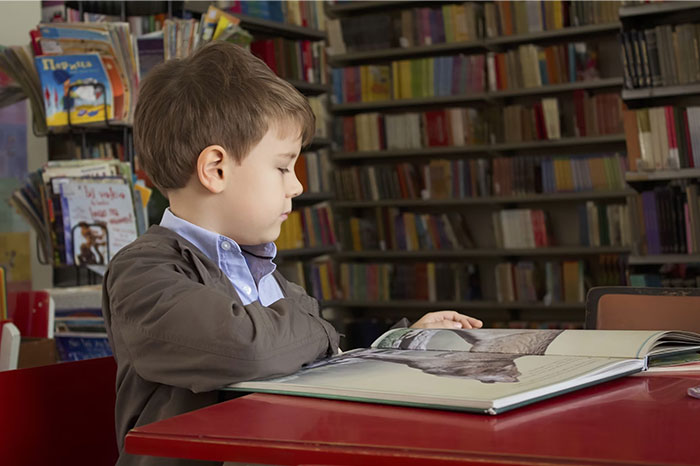
Image credits: mymariomakerreddit
#14
Have no ability to self regulate when told “no”.
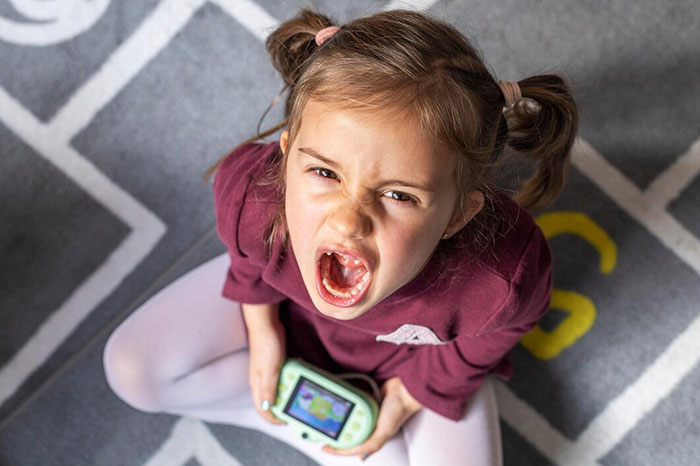
Image credits: thatgirlzhao
#15
The kid that can't attend anything outside of school hours. I'm not talking about the trouble makers either, I'm talking about high grades overachiever that never gets invited because everyone knows their parents will say no to the smallest inconveniences to their own plans and their parents are highly discriminatory. The gentrified type with snobbish parents. That kids entire life is being run by their parents and they have to comply or their entire existence and support as their kid is questioned by them.
100% chance that kid will have severely lacked social skills and have become a recluse later in life.
Don't ask me how I know.
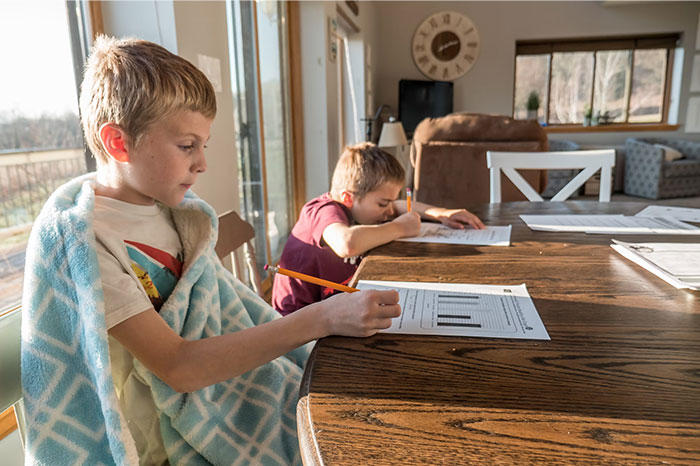
Image credits: melonsango
#16
They cover themselves defensively when an adult raises their voice.
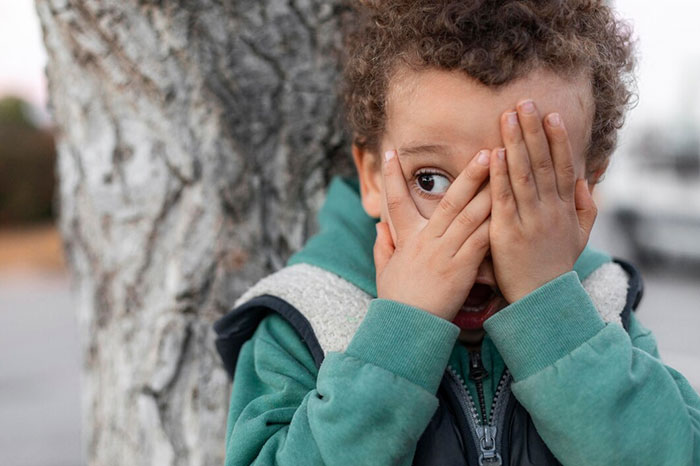
Image credits: evalinthania
#17
If they say sorry for the slightest inconveniences.
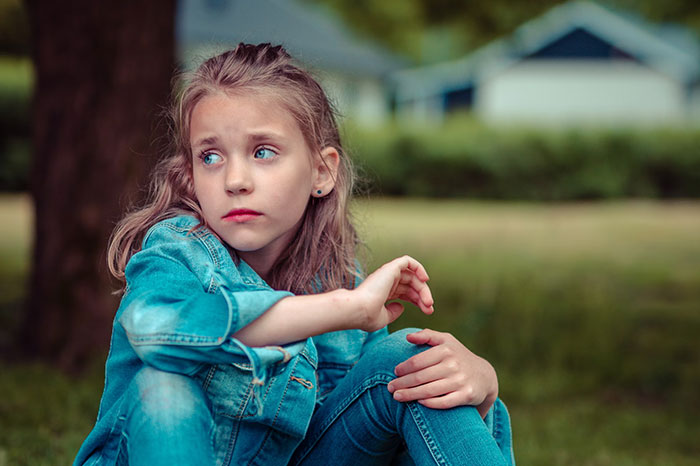
Image credits: BillTookAChillPill
#18
When the parents answer questions asked to the child. My niece wouldn't talk to anybody who wasn't in her immediate family, and me. I'd take her to an ice cream shop, told her she could have the whole menu if she ordered it herself, but she never did. She refused to talk to outside people because her mother always spoke FOR her, so the kid has never had a voice. Imo, that's child abuse.
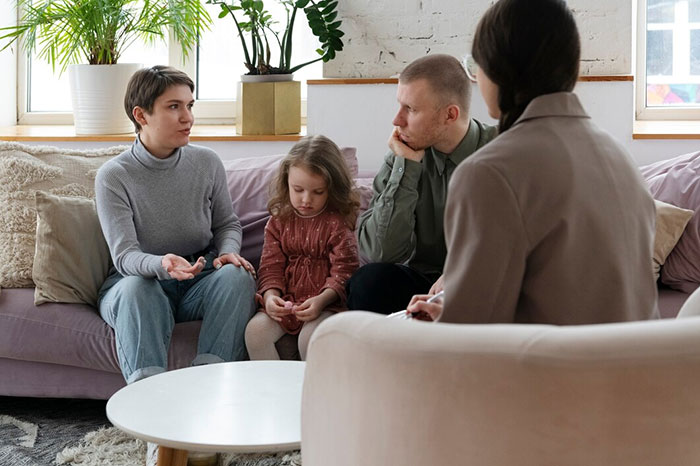
Image credits: e11spark
#19
Answering as someone with terrible parents/grandparents who I was also raised by for years of my life:
When I lived with my grandparents, I was super obedient and didn't talk back to anyone, I was known as the nice and quiet kid who wasn't a problem for anyone.
What was going on behind the scenes, was that I'd get hit if I opposed my grandparents, so I learned that was a bad thing.
With my mom, who is neglectful and puts her boyfriends over us, I don't respect her, I don't like her, so I don't care about what she wants, but I'm not dumb enough to be so rebellious that I'll do anything to jeopardize my future plans.
I saw an example of talking back to teachers, and I can see where that would be the case, but it could also be something to look out for in someone who is overly obedient.

Image credits: RaspberryRootbeer
#20
Kid is very drawn away from everyone.
The parents brag about hitting their kid.
The kid shares stories of being hit all the time.
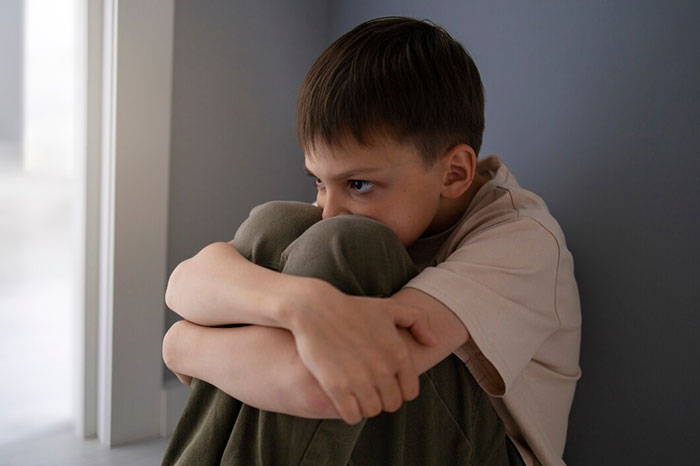
Image credits: TriStateGirl
#21
The parent vlog every moment of their lives, monetize them and let strangers call them “nephew or niece”?.
They don’t prioritize their child’s safety so they can make a buck.

Image credits: DwightsJelloStapler
#22
Not apologising for their mistakes and acting like nothing happened.
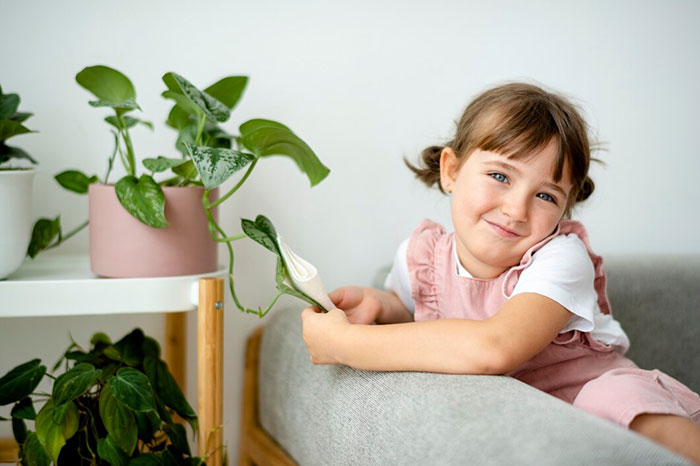
Image credits: Feeling-One979
#23
Completely clueless about boundaries.

Image credits: CarolLove75
#24
My wife is a teacher. A kid in her class had lice, so they sent her to the office and called the mom. The mom couldn't (wouldn't) come get her. The next day, the kid returned to school, lice and all. The mom did nothing the night before. The poor kid was humiliated when she had to leave class again.
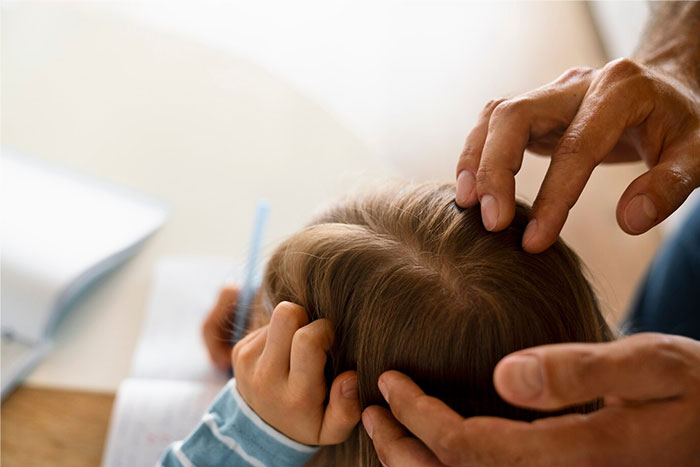
Image credits: PrivateTumbleweed
#25
From my own experience, when their parents don’t show up for things, when they aren’t in any extra curricular, they never mention their parents, etc.

Image credits: sydneyyasmine
#26
Bullying other kids can be a big red flag.
Guess how I know?
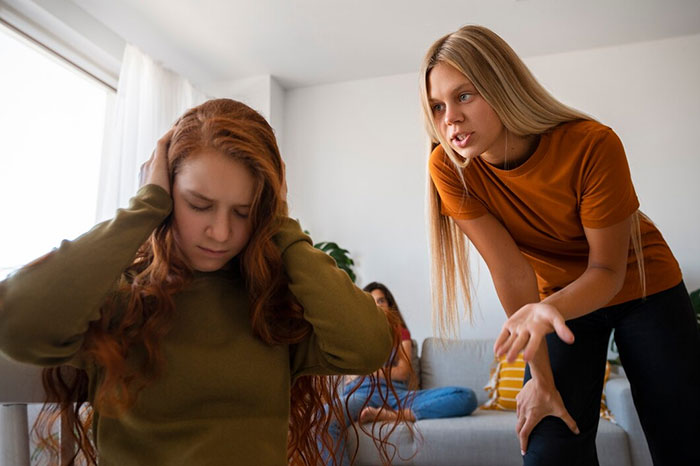
Image credits: demonfoo
#27
Excessive lying about small things.
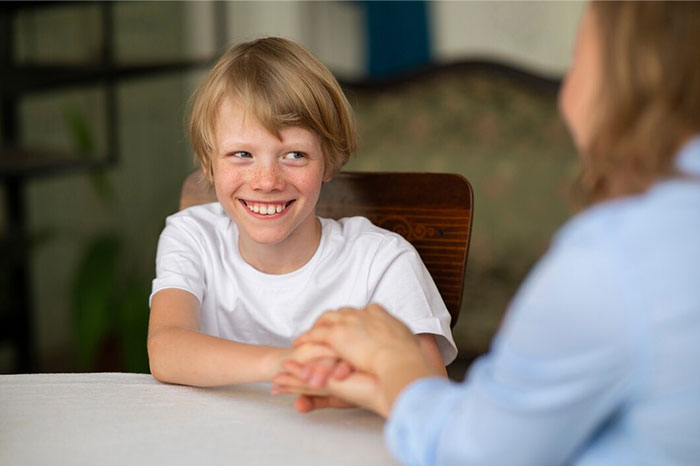
Image credits: MichelleMuse25
#28
IPad all the time (today I saw a kid walking down the supermarket aisle with one) combined with an inability to accept no as an answer.

Image credits: gaelorian
#29
Looks for validation from other adults, like teachers, as a form of love they aren’t receiving at home. This one took me until half way through a PhD to realize….
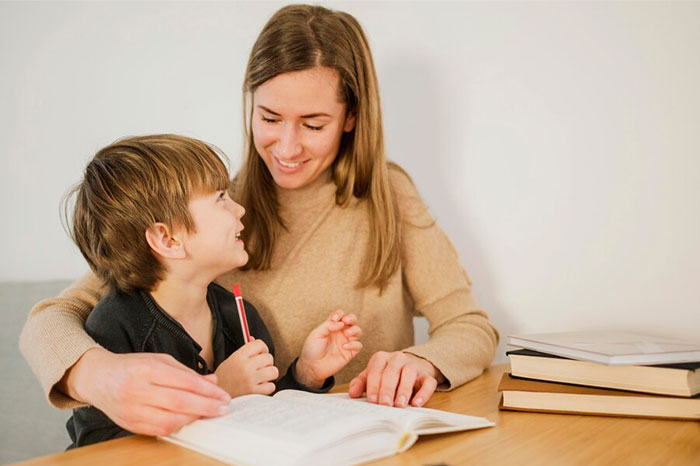
Image credits: Professional-Job-495
#30
At the middle school age, the tendency to shut down when they are corrected or receive a consequence at school is telling. A well-adjusted kid will get angry or upset with you and some will even tell you what their parents will do if they find out (lose video games or phone or being grounded). They will also tell you not to call, and if you do, they will come in the next day mad at you, and will usually tell you their consequence at home. Think “my mama yelled at me last night because of you!”
A kid with abusive/overly harsh parents will kinda just turn off and make themselves small. They don’t bargain with you about calling home, and a lot of times they don’t show up the next day. I rarely call home if I see that reaction…only if it’s a situation where I am told I have to like with failing grades or something.
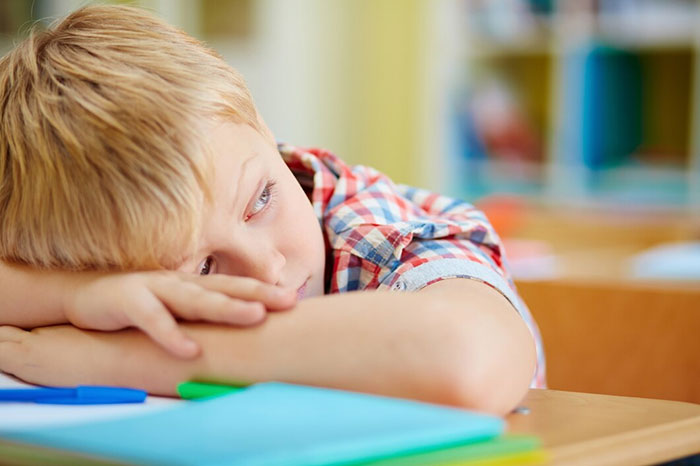
Image credits: Entire-Leader-7080
#31
Casual racism.
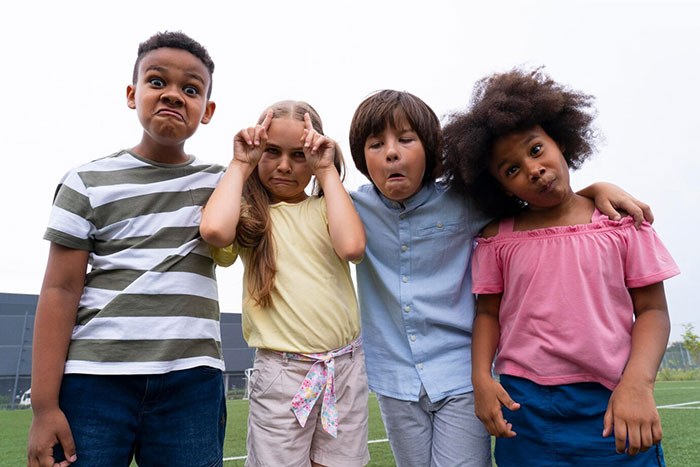
Image credits: despenser412
#32
They’re rude even to close friends.
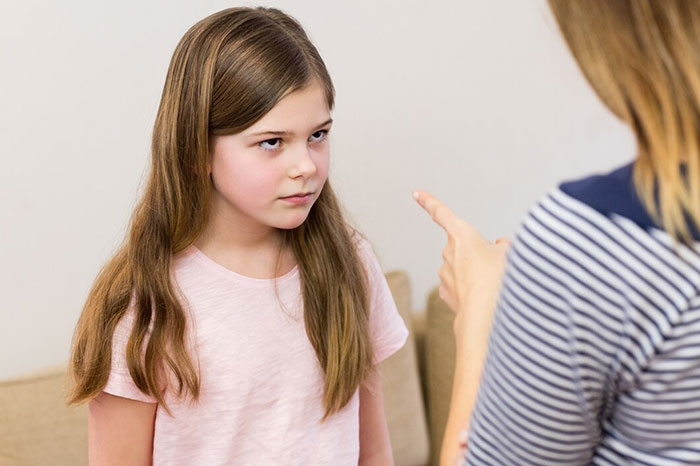
Image credits: RuthSiren58
#33
They’re morbidly obese.
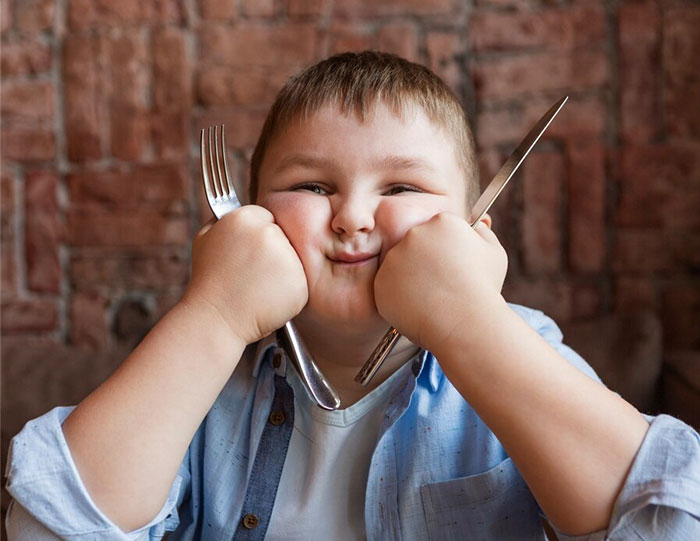
Image credits: SpecialistDrawing877
#34
Very bad teeth.
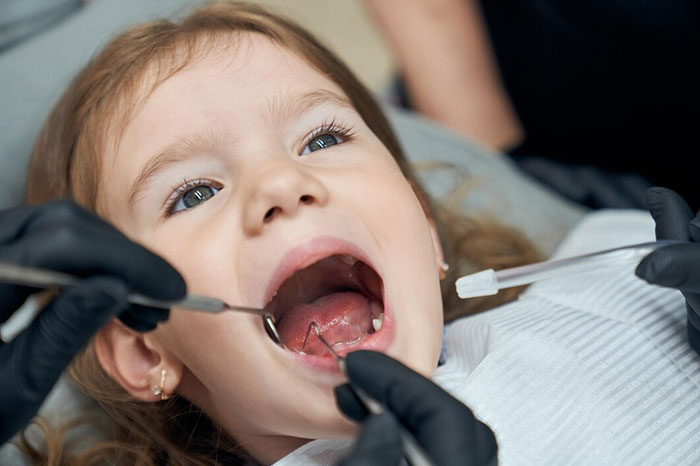
Image credits: SadlyNotDannyDeVito
#35
They send their child to a troubled teen program.
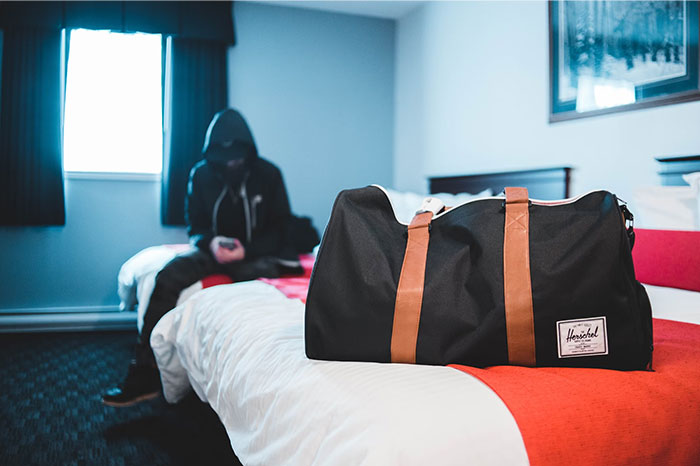
Image credits: pinktiger32
#36
Lack of self-confidence, deeply rooted sentiment of insecurity and lack of affection.
Obviously, there might be different disorders based on the context.
It's a very broad and complex question.
Furthermore, we should take time to get to know someone and not resort to hasty analysis (e.g: "oh he is shy, he must have terrible parents"). That might be part of his/her current personality and change during teenage years.
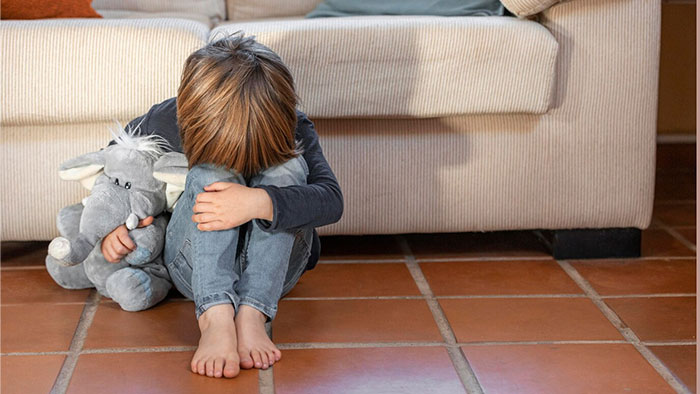
Image credits: Saorny
#37
Steals openly.

Image credits: HelenGirl47
#38
Blames others daily.
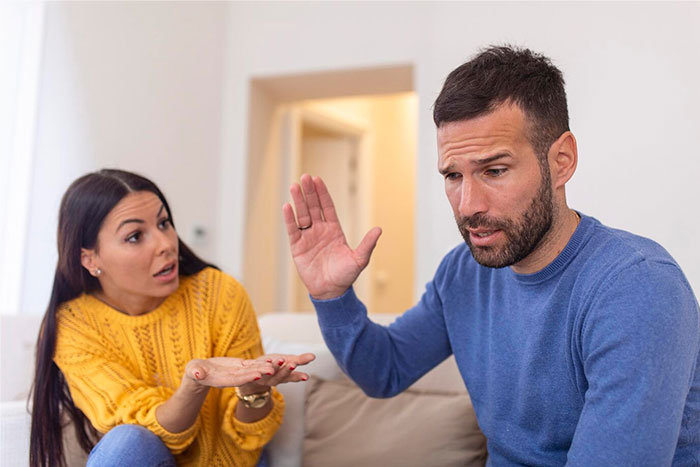
Image credits: HelenMermaid21
#39
Hyper independence.

Image credits: problematicsquirrel
#40
Talking back to teachers for attention.
In fact, attention-seeking behavior in general.
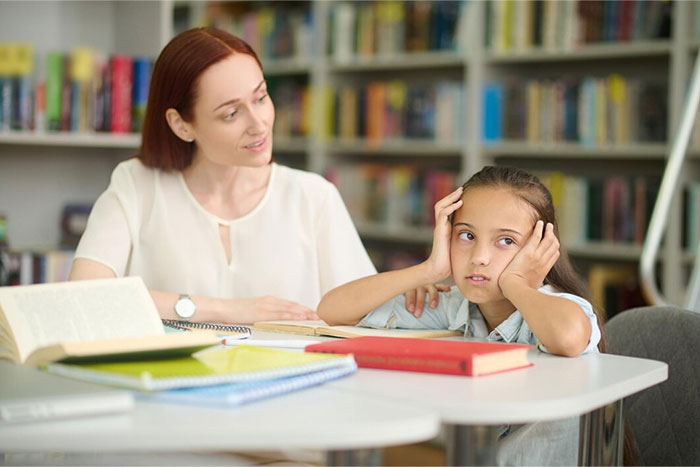
Image credits: Neat_Economics5190







